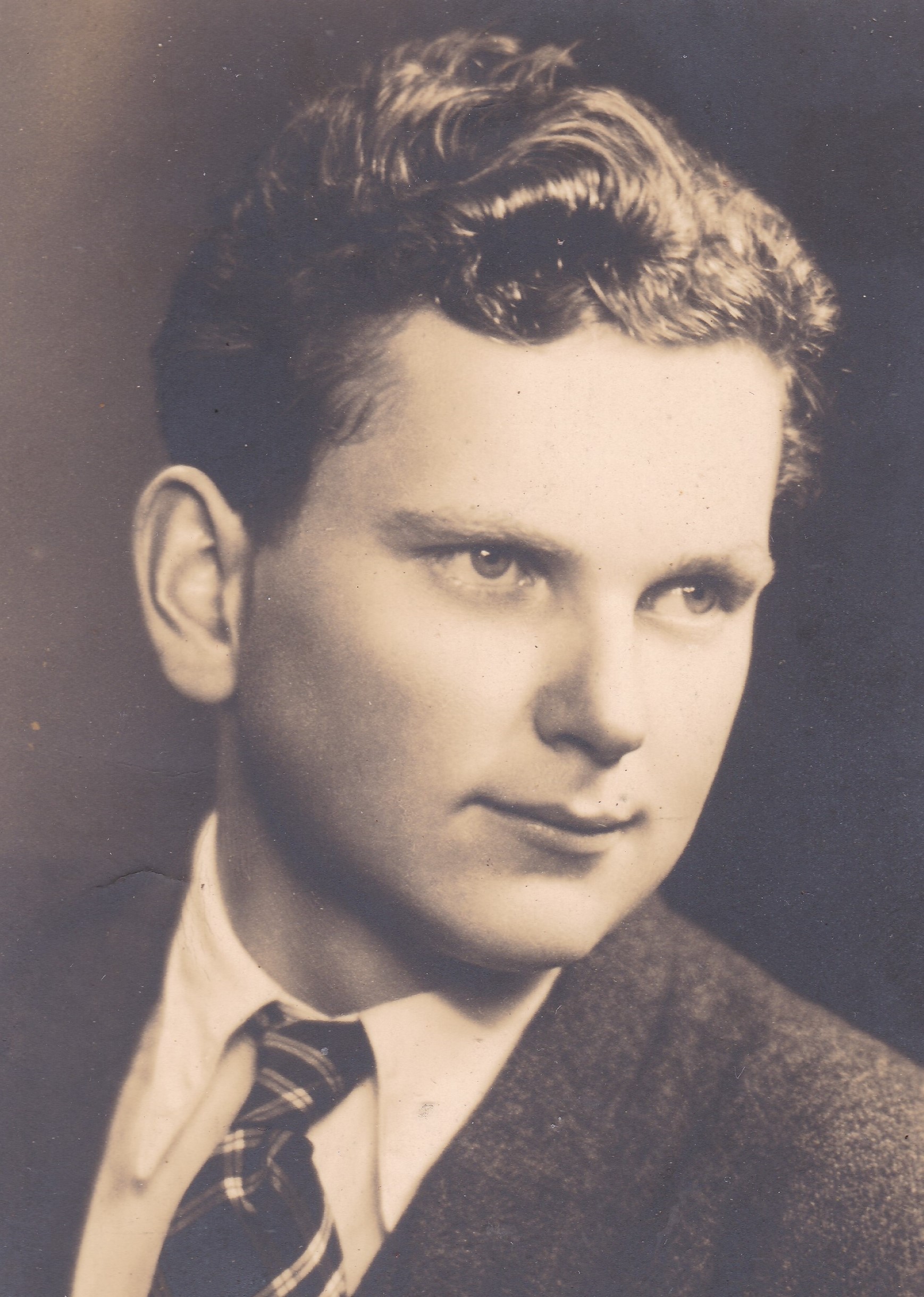He was supposed to inherit the family farm, but they made him praise the JZD (Unified Agriculture Cooperative)

Stáhnout obrázek
Jiří Černý was born on 14 April 1930 in Dobročovice, a village east of Prague. His father, Jindřich Černý, was a farmer and mayor of Dobročovice for the Agrarian Party. During the Second World War, a neighbour turned his father and other men from Dobročovice over to the Gestapo. His father ended up in Pankrác prison for about three months and then was released. In 1946, Jiří Černý entered the four-year Higher School of Agriculture in the North Bohemian town of Kadana and experienced the expulsion of the Sudeten Germans and saw their devastated and plundered farms. After 1948, the communist regime seized the Černýs‘ family farm and other property. Jiří Černý was finishing his studies and his father was arrested for speaking over the grave of his neighbour Prokůpek. He was released early from the camp in Jáchymov because he was given a suspended sentence. Jiří Černý spent the war in a non-commissioned officers‘ school and later as a private. After the war, he worked in a construction company as a foreman, electrician‘s assistant and also as a maintenance worker in Laktos Brandýs nad Labem. He married and had one stepchild and one child of his own with his wife. Until 1989 he was not politically involved in any way, until 25 November 1989 he took part in a large demonstration on Letná plain. After 1989, he and his sister applied for the return of the farm confiscated after 1948 and got it back, but it was very devastated. His son Petr managed it for ten years. In 2020 Jiří Černý lived in Brandýs nad Labem.













